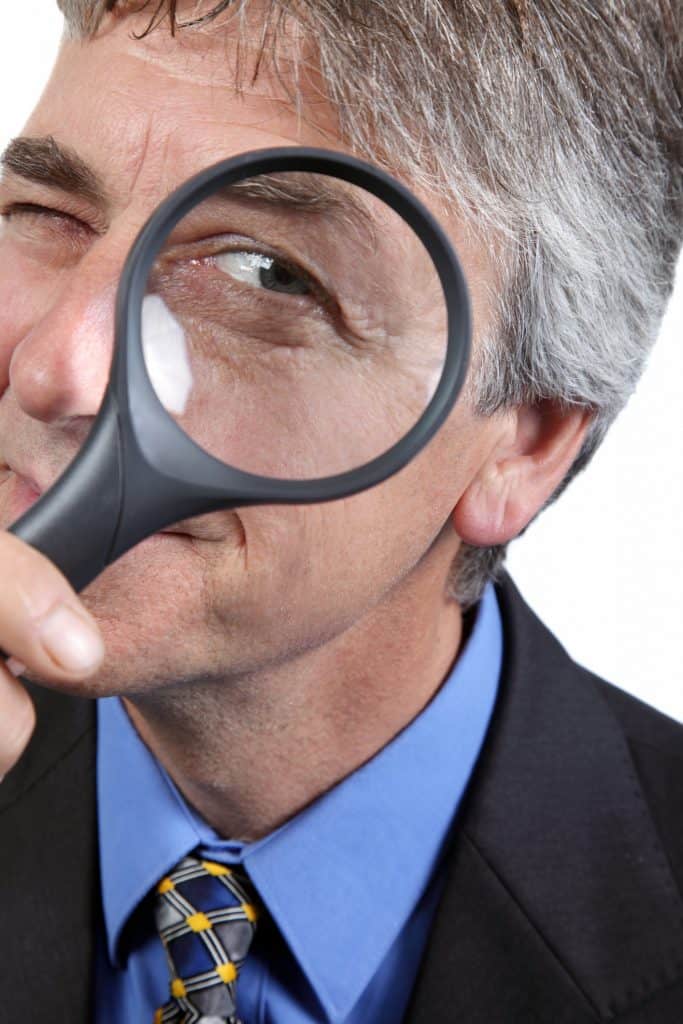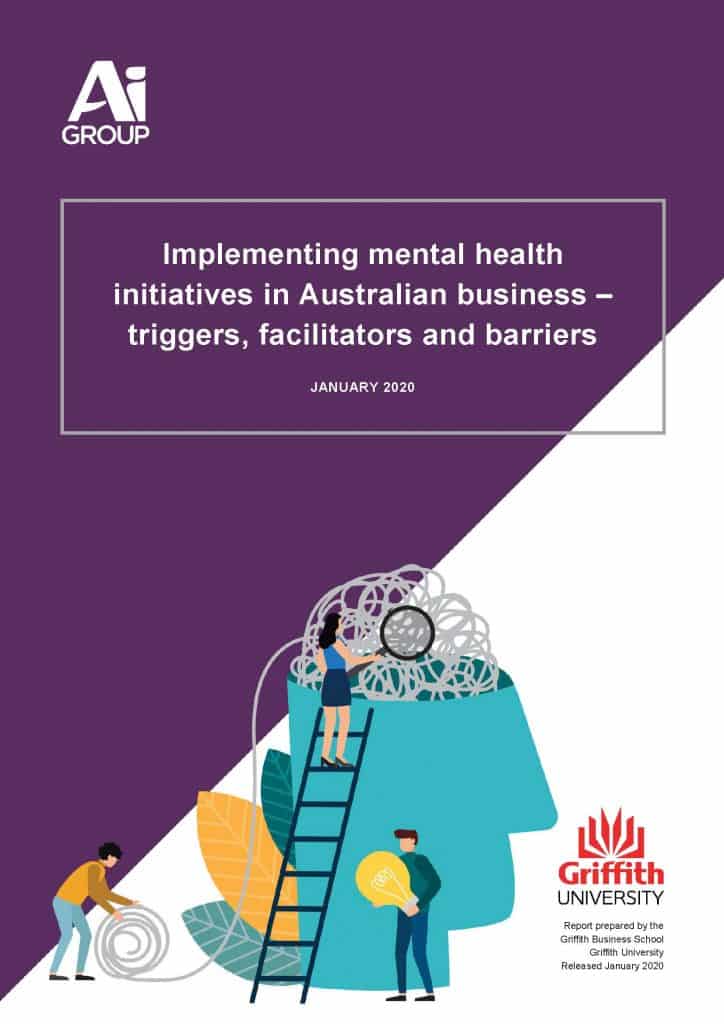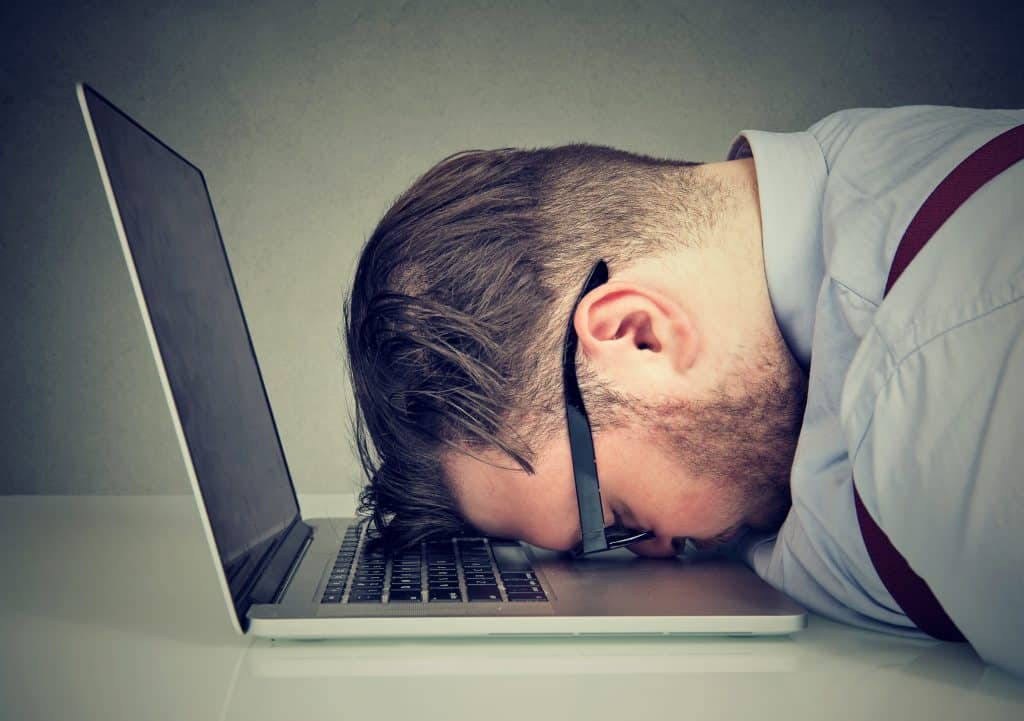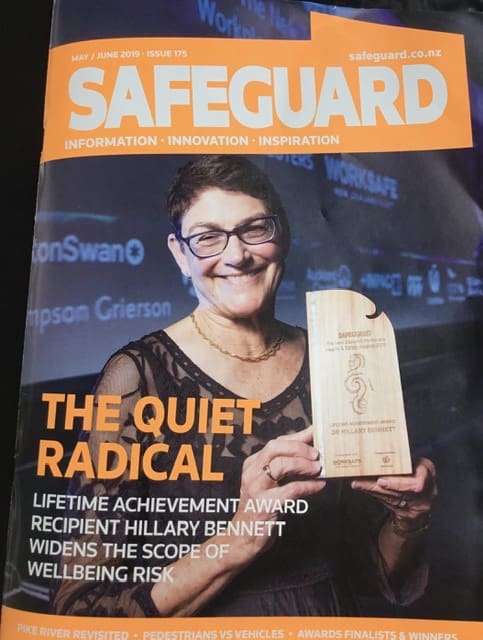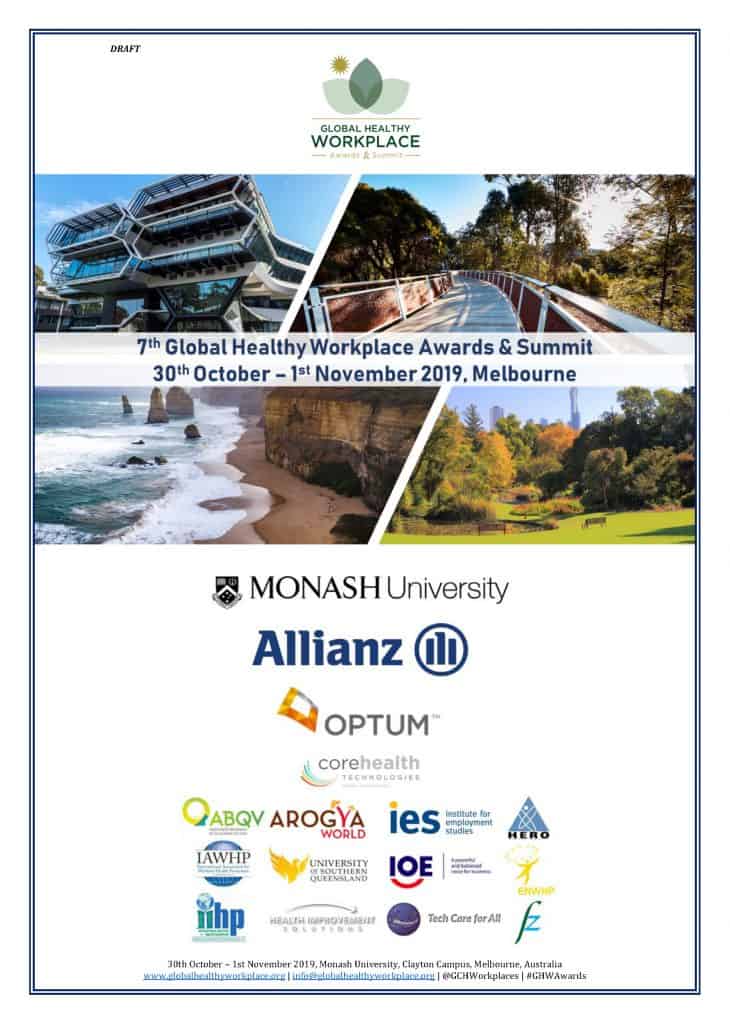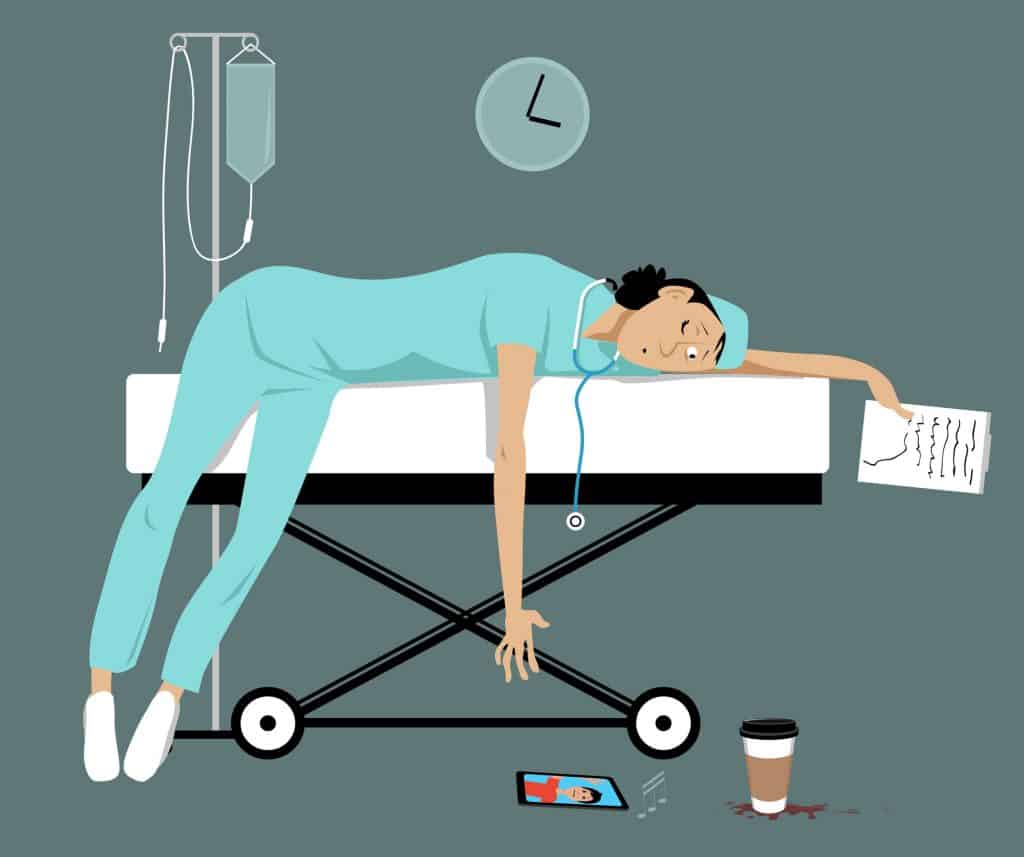
The Australian Medical Association (AMA) has released a media statement based on new research into mental illness and suicidal ideation of junior doctors. Given that the relationship between excessive working hours and mental health is increasingly becoming an occupational health and safety (OHS) issue, SafetyAtWorkBlog sought some clarification to some of the quotes in the statement attributed to AMA President, Dr Tony Bartone.
The January 23 2020 media release quoted Bartone saying:
“A healthy medical profession is vital to patient safety and quality of care, and the sustainability of the medical workforce,… Significant evidence already exists to show that doctors are at greater risk of psychological distress and stress-related problems. This new research provides clear additional insight into how the workplace can affect the health and wellbeing of the medical profession. Long working hours, unpredictable rosters, overtime, being on-call, and night shifts are significant systemic barriers to the maintenance of physical and mental health and wellbeing. There is an established link between working more hours and having higher rates of anxiety, depression, and psychological distress.”
These are the questions put to the AMA:
- The media release lists several “systemic barriers” that are generating poor psychological health. It seems that most of these barriers would be removed or weakened if hospitals had more staff. Is the psychological harm a result of insufficient staffing levels? And is this a result of underinvestment in hospitals?
- Is the fatigue, psychological harm, etc. a result of trying to make do with the available resources? If so, what new income or labour sources are being sought?
- Why do you think the trend towards safe working hours stalled?

